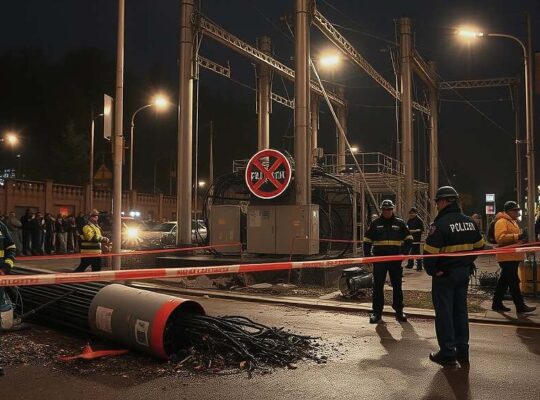German counties are calling on the federal government to develop a comprehensive nationwide plan for civilian protection, particularly in light of Saturday’s observance of National Civil Protection Day. Kay Ruge, Deputy Secretary-General of the German District Association (DLT), expressed the long-standing need for a civilian operational plan akin to the military’s, in an interview with the Neue Osnabrücker Zeitung (NOZ).
Currently, a widespread and coordinated strategy for population protection in crisis situations remains lacking. Ruge highlighted the challenges posed by potential, extended power outages, citing the difficulties in providing backup generators for all care facilities within a single district – and the complications of securing fuel, such as diesel, when conventional distribution networks are compromised. He emphasized that such a strategy needs to be collaboratively developed involving federal and state governments, districts and municipalities.
The issue of civil protection has reportedly been neglected at the federal level for some time. For instance, maintenance and operation of bunkers were discontinued in 2007. Legal frameworks, according to Ruge, also largely date back to the 1950s, with regulations including provisions for stockpiling straw.
Ruge identified several urgent needs, including thorough risk analyses, registries highlighting potential supply bottlenecks and the systematic inclusion of local authorities. Clear financial arrangements are also essential. While civil protection falls under the exceptions of Germany’s debt brake, district-level budgets are often heavily strained due to increased social spending.
The federal government is presently working with state governments on a concept for protective shelters. However, Ruge voiced criticism regarding the lack of systematic involvement of districts in this process, despite their crucial role as lower-level disaster protection authorities.












